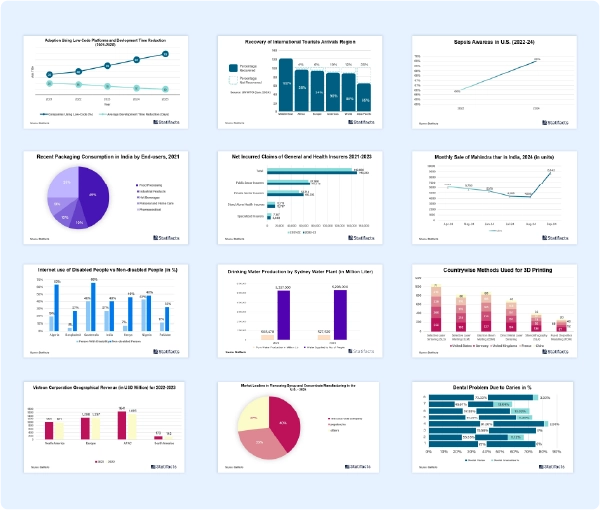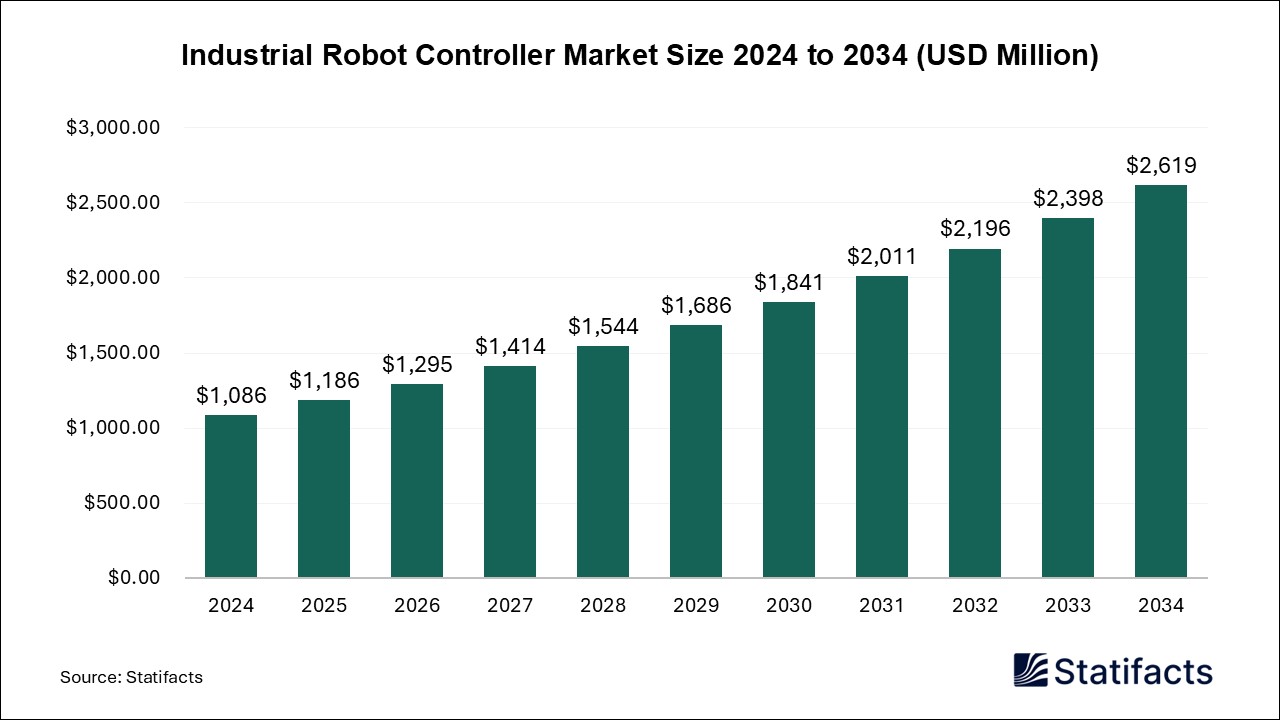

Our customers work more efficiently and benefit from
The global protein supplements market size was calculated at USD 6,900 million in 2024 and is predicted to reach around USD 15,030 million by 2034, expanding at a CAGR of 8.1% from 2025 to 2034.
| Industry Worth | Details |
| Market Size in 2025 | USD 7,460 Million |
| Market Size by 2034 | USD 15,030 Million |
| Market Growth Rate from 2025 to 2034 | CAGR of 8.1% |
The protein supplements market focuses on health and fitness, including the lack of adequate protein in changing consumer diets. The market is supported by healthcare providers, dieticians, nutritionists, and gyms, driving increasing protein consumption. Health factors and changes in consumer lifestyles are increasingly correlated with a number of negative health outcomes, such as insomnia, obesity, anxiety, depression, and other comorbidities. A diet shift toward increasingly processed foods is decreasing the amount of protein consumed by the average individual. Convenience-based foods are high in carbs and fats but low in protein. An increasing shift toward a vegetarian or vegan diet is also causing protein deficiencies due to the general lack of protein in a plant-based diet. All these factors, coupled with growing awareness around the benefits of a high-protein diet, are leading to growth in the space.
Different types of protein supplements, such as animal-based protein and plant-based protein, are gaining attention among increasingly health-conscious consumers. Animal-based protein contains crucial acidic sources like chicken, eggs, dairy products, fish, etc., making them popular among those looking to focus on healthy eating and exercise. On the other hand, plant-based protein contains seeds, grains, nuts, beans, vegetables, lentils, etc. Whey protein is a popular form used by vegetarian and vegan consumers, especially those looking for mass gaining, in particular. Keeping origin, culture, and faith well-prioritized develops the society to an enriching lifestyle. Protein supplements such as protein powders are often used as a pre workout as a boost.
Digitalizing and promoting protein supplements with the help of influencers and celebrities are one of the social strategies to approach common consumers indirectly. Bodybuilding among the fitness crowd and gyming among youth are some popular trends, leading to massive demand in the market. The alliance of medical providers and brands approaching health awareness through podcasts or interviews can be seen across social media platforms. This increased online access is leading to growth in the protein supplements market, with e-commerce in particular spearheading supply to meet the demand.
Clinical studies and personalized nutritional offerings are diving into artificial intelligence upgradation. The role of diet is advisory and effective when it's quick and relevant. Advancement in suggesting solutions and well-informed dietary marks as healthy choices according to the needs. The difference between consciousness and requirement is well-balanced when explained in an easy language to feel relevant and connected. Artificial intelligence has covered the distance between listening and understanding.
The formation of products into various types of consumption options. Protein bars, powder, protein shakes, capsules, and beverages (containing protein) have largely driven regionally, generationally, and economically. The expected margin sale reaches its target consumers accordingly, specifying age, choice, and demand factors. The innovative and diversified process of formulation restructures the concerned area by introducing affordable units, flavors, and preferences. The rise of the beauty industry is also spilling over into the protein supplement space, with high demand for collagen protein supplements, also leading to growth in the market.
The reasoning for consumption can be related to weight loss protocol or muscle-building protocol which by default seize the intake and limit or avoid certain supplements. Medical consultation is a must when any of the products adversely affect health and living. The biggest restrain is the content of false commitment and denial. The mislabeling and inappropriate ingredient information changes the perception of this market scientifically. The allowance at the scientific level depends on the approval from health management. Mostly, when the consumer becomes a victim (a patient) due to excessive intake or any allergic element, the business faces certain legal consequences. The balance amount of components should be measured according to the capacity of any human body attending basic health factors.
Investment in the protein supplements market by expanding ideas and opportunities in growing industries which can be production, process, distribution, sales, promotion, and packaging subjective and suitable to the expertise accordingly. Approaching organic and vegan markets to consolidate the products to deliver satisfaction is another progressive strategy. Many vegetarians switching to vegan or exploring the vegan industries to find interesting and enjoyable eatables and fluids are uplifting the industries globally.
For any questions about this dataset or to discuss customization options, please write to us at sales@statifacts.com
| Stats ID: | 8109 |
| Format: | Databook |
| Published: | March 2025 |
| Delivery: | Immediate |
| Price | US$ 1550 |


| Stats ID: | 8109 |
| Format: | Databook |
| Published: | March 2025 |
| Delivery: | Immediate |
| Price | US$ 1550 |

You will receive an email from our Business Development Manager. Please be sure to check your SPAM/JUNK folder too.

Unlock unlimited access to all exclusive market research reports, empowering your business.
Get industry insights at the most affordable plan
Stay ahead of the competition with comprehensive, actionable intelligence at your fingertips!
Learn More Download
Download
